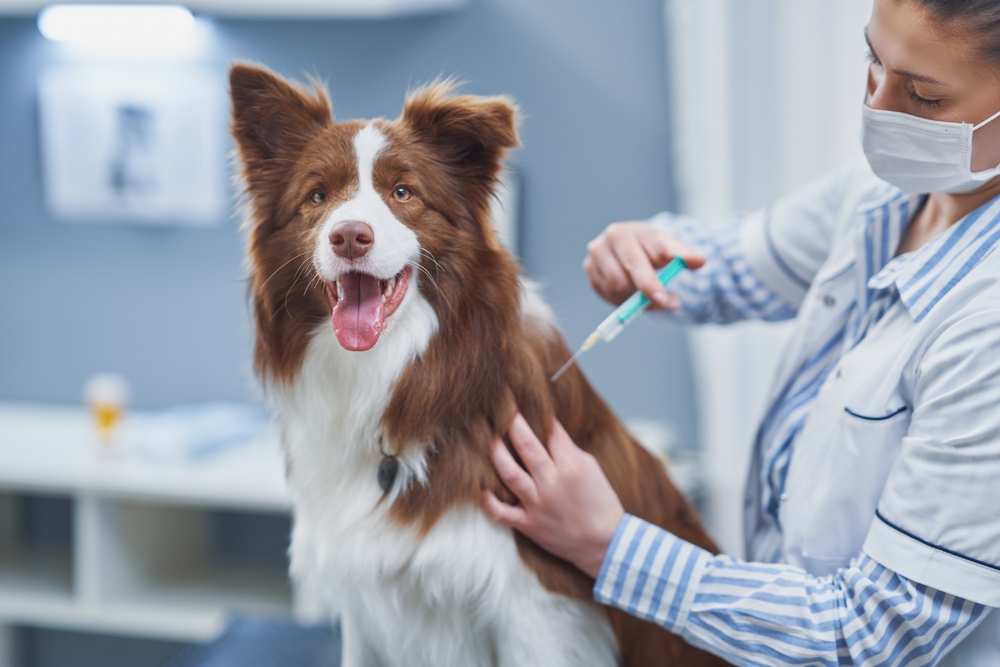
Like their human companions, pets need vaccinations, which may sometimes require a booster to maintain their effectiveness. The best way to stay current with vaccinations for your pet is to follow your vet’s recommendations.
Chances are your veterinarian’s recommendations will break down into two categories, i.e., core vaccines and noncore vaccines. Every pet should get core vaccines. Your vet will suggest noncore vaccines based on several factors, including your pet’s lifestyle. For example, noncore shots may be necessary if you board your pet often or if they are always outdoors.
How Pet Vaccines Work
Vaccines prepare the immune system to fight disease-causing organisms. They contain antigens that look like the actual pathogen to the immune system but do not cause disease. The antigens mildly stimulate the immune system when introduced to the body through vaccination. That prepares the immune system to recognize and fight the actual pathogen in case of exposure.
Core and Noncore Vaccines
These are vital to all pets due to the severity of disease, risk of exposure, and transmissibility to humans.
For Dogs
Core vaccines for dogs include canine parvovirus, rabies, canine hepatitis, and distemper. Noncore vaccines include Leptospira bacteria, Borrelia burgdorferi, and Bordetella bronchiseptica. Your vet will recommend them depending on your dog’s risk of exposure.
For Cats
Core cat vaccines include feline distemper, rabies, herpesvirus type 1, and feline calicivirus. The noncore vaccines your cat needs will depend on their lifestyle. These include shots for feline immunodeficiency virus, Chlamydophila felis, Bordetella, and leukemia virus.
Timing and Frequency of Vaccinations
Your vet will determine the best vaccination schedule for your furry friend. That will depend on the type of vaccine and your pet’s lifestyle, environment, medical history, and age. If you have a puppy, they will likely receive antibodies in their mother’s milk while nursing.
However, your pup will need a series of shots starting at six to eight weeks. Your vet will likely administer at least three shots at three- to four-week intervals and a final dose at 16 weeks. Your adult dog might get certain annual vaccines and others every three years.
Kittens also receive antibodies in the milk produced by mothers with a healthy immune system. When your kitten is around six weeks, your vet will begin to give a series of shots at four-week intervals for four months. Adult cats might get vaccinations annually or every three years.
Laws Regarding Pet Vaccines
Each state has laws governing the administration of mandatory vaccines like rabies shots. Some require annual rabies shots, while others require vaccines every three years. However, proof of rabies vaccination is compulsory in almost all states.
Conclusion
Pets need protection from many contagious diseases. Vaccines are available to help prevent various diseases and illnesses. Furthermore, regular veterinary exams are essential to keep pets current on their vaccinations.
Your vet will track what vaccines your animal companion needs throughout their life and when to administer them. Vaccines are essential even for indoor pets because some contagious diseases are airborne.
For more on pet vaccines, visit Community Pet Outreach at our office in Lewisville, Texas. Call (972) 848-8930 to schedule an appointment today.





